Reviewed by Sahil Chopra MD and Stacey Gunn MD.
Research by Savit Malhotra.
This article marks the third installment of our insomnia series. Previously, we discussed the different medications that are available to treat insomnia and help improve sleep. In this article, we’ll be doing a deep dive into one specific type of medication: Ambien.
Introduction
Ambien, otherwise known as Zolpidem, has been available on the drug market for over 40 years. Ambien falls under the category of “Z-Drugs” (also known as non-benzodiazepines) which we discussed in the last article. While there is much data surrounding Z-Drugs as a whole, there is still much uncertainty surrounding Ambien in particular. In this article, we’ll be answering some common questions about the medication, its efficacy, when it should be used, and how safe it really is.
The History of Ambien
Before all else, it is important to discuss the history of the medication. In 1984, the first US patent on zolpidem was issued to a French company. In 1992, the medication Ambien was approved for use in the United States.[2] Then, in 2007, the FDA had approved over 13 generic versions of zolpidem.[1] By this point in time, the medication had already been in use for many years.
In 2015, however, the American Geriatrics Society released a paper critiquing zolpidem (among several other drugs) and stating that individuals over 65 should avoid the medication due to its low efficacy in the treatment of insomnia and high risks associated.[3] It is likely here where many of the concerns surrounding the medication began.
Uses for Ambien
Primarily, Ambien is used for the treatment of insomnia. This medication works just like other Z-Drugs, binding and stimulating GABA receptors in the brain and thus promoting sleep.[6] Ambien comes in two forms, an immediate-release tablet and an extended-release tablet. When looking online, the immediate-release tablet is pitched as being a tool to help a person fall asleep, and the extended-release as being a way for a person to stay asleep.[4] Clinically, however, both medications help with sleep onset and sleep maintenance. The primary difference lies in the fact that the extended-release lasts longer and is thus better suited for those who metabolize the medication quickly. The immediate-release is just as beneficial in maintaining sleep as the extended-release. Thus, both forms of this medication can be used to promote sleep onset or sleep maintenance.
Ambien’s Poor Reputation
Even though Ambien is an effective medication (more on this soon), it does have a very long, poor, and even dark reputation. Ambien tends to be a drug that people use recreationally as a means of achieving a feeling of being “high”.[5] One reason for this is that the medication can cause cognitive impairment and comes with a possible side effect of hallucinations.
The medication has also gained significant media attention due to its side effect of sleepwalking.[4] In 2006, Representative Patrick Kennedy of Rhode Island crashed his car late one night while he was taking Ambien (in addition to Phenergan). When questioned, however, Kennedy stated that he had no recollection of the events that happened or of even entering the car in the first place.[6][7] This topic became national news in 2006 and even resurfaced in 2012, highlighting the need for a push to further clarify Ambien’s negative side effects. However, in addition to sleepwalking, Ambien gained further attention in 2018 due to “sleep tweeting”. Roseanna Barr, a famous actress, tweeted a racial remark toward Valerie Jarrett (a former member of the Obama Administration).[8] This remark led to the actress facing much backlash and even having her show canceled. The actress posted an apology later on and stated that she had no memory of her even tweeting the remake in the first place due to having taken Ambien.[9]
Unfortunately, Ambien has also been the center of many crimes. In Korea, Zolpidem is the most common “date rape drug”.[10] The biggest issue here is that, unlike other date rape drugs, Ambien can be prescribed, thus being relatively easy to acquire. A key example of this is the case of Darren Sharper, a former NFL player, who was sentenced in 2016 because of having used and further planning on using drugs (including Zolpidem) to commit rape.[11]
Safety Precautions for Ambien
With a medication as dangerous as Ambien being something that is prescribed for insomnia, we must discuss the safety precautions and side effects of the medication. Ambien has many known side effects, including drowsiness, daytime sleepiness, dizziness, headache, nausea, and diarrhea. In addition to these, the drug has also been known to interfere with reaction time and coordination as well as with memory. Hallucinations and sleepwalking, as we previously discussed, are possible side effects yet these are relatively rare. Most importantly, Ambien has great potential to become an addictive drug.[12] While the Mayo Clinic states that “It’s not likely you’ll become dependent on zolpidem…” the possibility is still a concern.[13]
Those who take the medication should not share their medication with anyone. Ambien should also NOT be taken in large amounts for long periods of time and should NOT be consumed if the person has consumed alcohol at some point during the day. Additionally, before doing any activity that requires one to be awake and alert (i.e. driving), a person should wait 7-8 hours after taking the medication, to give it time to clear from their system.[19]
Use Cases and Efficacy
We have discussed a lot on the negative effects of Ambien but now the question is why should someone even take the medication to begin with? Ambien is best used for the short-term treatment of insomnia.[14] Oftentimes, however, this brings up the question of what short-term is. Ideally, the medication should be taken for as little amount of time as possible. What this time is depends on a person’s symptoms and the effectiveness of the medication for them specifically. For example, someone who is adjusting to jetlag could use this to overcome the time difference. If someone has just lost a family member, they can take the medication to get through that period of grief. The longer that one takes the medication, the more likely it is that they will develop a dependence on it.
In terms of the efficacy of the medication, numerous studies have been conducted to test whether or not the medication is effective. One study found that after participants had taken Zolpidem for one month, their total sleep time significantly increased by 58 minutes relative to their baseline study and a 35.5-minute increase compared with the placebo. The effect was found to persist at 8 months, with a 51-minute increase in total sleep time compared to the baseline and a 39-minute improvement compared to the placebo.[15] See tables below:



The previous tables come directly from the abovementioned article and summarize the trial’s results. All rights belong to the original authors.
Another study found that after taking Zolpidem for four weeks, latency to sleep onset was significantly decreased from 68.1 minutes to 38.2 minutes.[16] Lastly, a meta-analysis by Xiang, et al. found that for those taking Zoldpidem, total sleep time, sleep latency, and sleep quality were significantly improved.[17] Thus, based on all of these studies and data, it is safe to say that Ambien/Zolpidem is effective in the treatment of insomnia.
However, there is not much data surrounding the long-term use of Ambien. This is primarily because Ambien is not recommended for anything longer than short-term use. In fact, one study even found that chronic usage of sleep medications was associated with a 79% increase in the rates of diagnoses of dementia.[18] So, while Ambien may be a reasonable option in individual cases, the best pathway remains figuring out the underlying cause of the insomnia and treating those.
So, is Ambien Actually Safe?
Ambien can be used safely in certain, limited situations for very short-term use. To safely do this, a person should be aware of all of the negative side effects of the medication, should know their proper dosage, and what to and not to do when taking the medication. Additionally, people who are taking the medication should keep a close eye on any adverse side effects that they are experiencing. Those who are taking the medication should be in regular contact with their doctor so that they can ask them any questions that they may have and share any concerns that come up. However, even when all guidelines are followed, negative effects can still occur. Thankfully, resources due exist to aid those struggling with Ambien addiction. Those who struggle should contact SAMHSA’s (Substance Abuse and Mental Health Services Administration) national helpline at 1-800-662-HELP (4357) or contact their physician. When all safety precautions are followed, all risks are known, and all available resources are noted, Ambien can be a safe and effective medication that a person can take to treat insomnia. But even then, Ambien may not be the best answer to treat insomnia for most people and is not a good medication to take for months or years. Taking the medication here and there is not too great a concern, but long-term use is where the answer to the question “Is it safe?” begins to become more precarious. At the end of the day, the best choice is always to see your doctor and work with them to decide if Ambien is the right choice for you.
References
U.S. Food and Drug Administration. "Ambien (Zolpidem Tartrate) NDA 019908." Drugs@FDA, 1992, https://www.accessdata.fda.gov/drugsatfda_docs/nda/pre96/019908_S000_AmbienTOC.cfm.
American Chemical Society. "Zolpidem." Molecule of the Week, https://www.acs.org/molecule-of-the-week/archive/z/zolpidem.html. Accessed 22 Apr. 2025.
American Geriatrics Society. "Beers Criteria for Potentially Inappropriate Medication Use in Older Adults." SIGOT, https://www.sigot.org/allegato_docs/1057_Beers-Criteria.pdf. Accessed 22 Apr. 2025.
"Ambien." Drugs.com, https://www.drugs.com/ambien.html. Accessed 22 Apr. 2025.
Griffiths, Roland R, and Matthew W Johnson. “Relative abuse liability of hypnotic drugs: a conceptual framework and algorithm for differentiating among compounds.” The Journal of Clinical Psychiatry vol. 66 Suppl 9 (2005): 31-41.\. https://pubmed.ncbi.nlm.nih.gov/16336040/.
"Kennedy's Crash Highlights Dangers of Ambien." ABC News, 2006, https://abcnews.go.com/Health/story?id=1927026&page=1.
"Patrick Kennedy: 'I Wasn't Drinking'." CBS News, 2006, https://www.cbsnews.com/news/patrick-kennedy-i-wasnt-drinking/.
"Roseanne Barr Says Ambien Played Role in Racist Tweet That Spiked Her Show's Reboot." NPR, 30 May 2018, https://www.npr.org/sections/thetwo-way/2018/05/30/615421269/roseanne-barr-says-ambien-played-role-in-racist-tweet-that-spiked-her-shows-rebo.
"Roseanne blames racist tweet on sleeping pills." BBC News, 29 May 2018, https://www.bbc.com/news/world-us-canada-44294632.
"Zolpidem most frequently used date rape drug in Korea" The Korea Herald, https://www.koreaherald.com/article/883032. Accessed 22 Apr. 2025.
"Darren Sharper Sentenced on Drug Distribution Charges." U.S. Department of Justice, https://www.justice.gov/usao-edla/pr/darren-sharper-sentenced-drug-distribution-charges. Accessed 22 Apr. 2025.
"Trazodone vs. Ambien: Uses, Side Effects, and Comparison" American Addiction Centers, https://americanaddictioncenters.org/trazodone-abuse/vs-ambien. Accessed 22 Apr. 2025.
"Ambien: Is Dependence a Concern?" Mayo Clinic, https://www.mayoclinic.org/diseases-conditions/insomnia/expert-answers/ambien/faq-20058103. Accessed 22 Apr. 2025.
U.S. Food and Drug Administration. "Ambien (Zolpidem Tartrate) Label." Drugs@FDA, 2008, https://www.accessdata.fda.gov/drugsatfda_docs/label/2008/019908s027lbl.pdf.
"Ambien Side Effects: Short-Term & Adverse Effects of Ambien." American Addiction Centers, https://americanaddictioncenters.org/ambien-treatment/side-effects. Accessed 22 Apr. 2025.
Randall, Surilla, et al. "Efficacy of Eight Months of Nightly Zolpidem: A Prospective Placebo-Controlled Study." Sleep, vol. 35, no. 11, 2012, pp. 1551–1557. https://pmc.ncbi.nlm.nih.gov/articles/PMC3466802/.
"Novel Sublingual Low-Dose Zolpidem Tablet Reduces Latency to Sleep Onset following Spontaneous Middle-of-the-Night Awakening in Insomnia in a Randomized, Double-Blind, Placebo-Controlled, Outpatient Study." Sleep, vol. 36, no. 2, 2013, pp. 189–196. https://academic.oup.com/sleep/article/36/2/189/2596014.
"Efficacy and safety of Zolpidem in the treatment of insomnia disorder for one month: a meta-analysis of a randomized controlled trial." Sleep Medicine, vol. 83, 2021, pp. 1–7. https://www.sciencedirect.com/science/article/pii/S1389945721004792.
"Do Sleep Medications Increase Your Chances of Dementia?" UCSF News, 2023, https://www.ucsf.edu/news/2023/01/424661/do-sleep-medications-increase-your-chances-dementia.




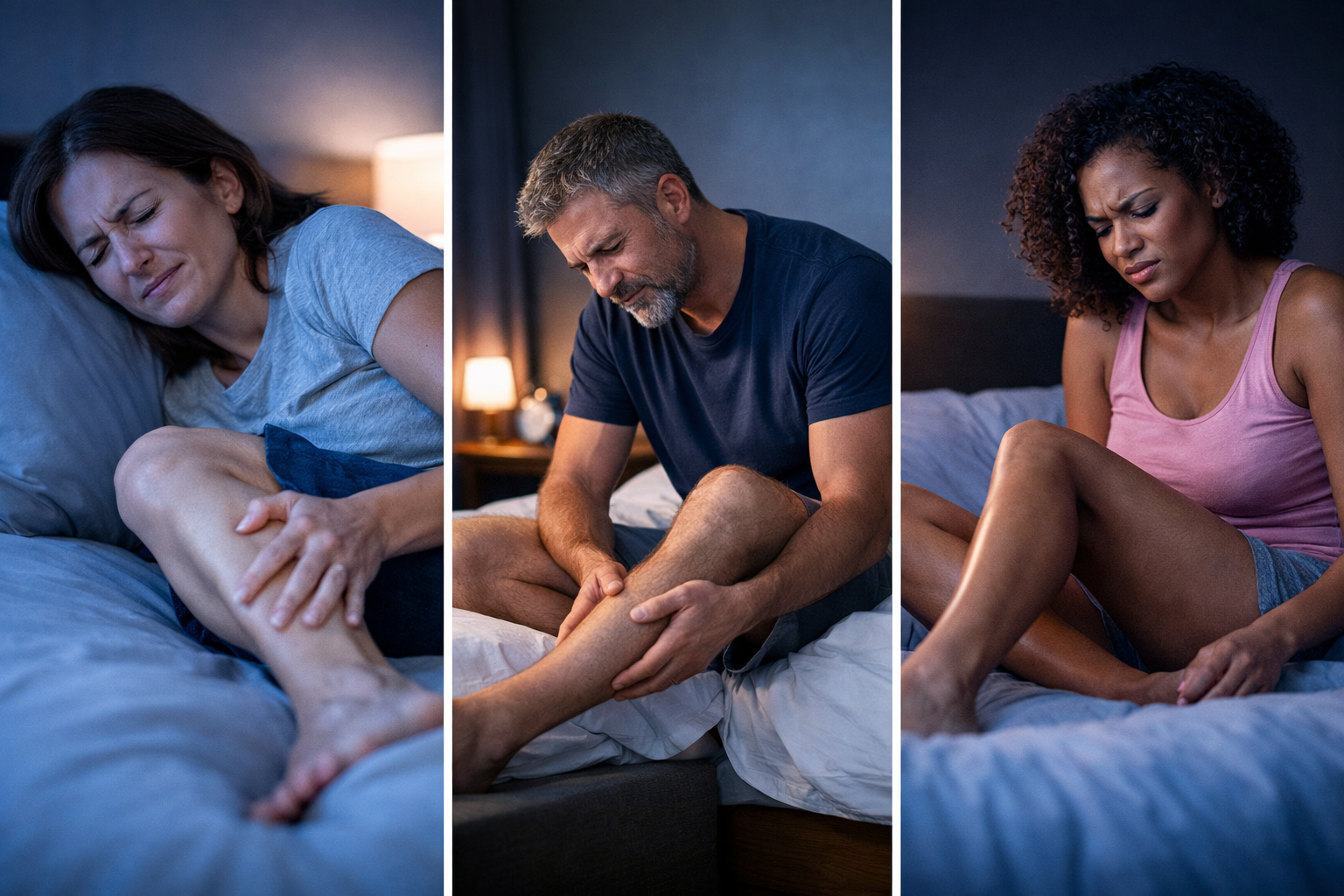
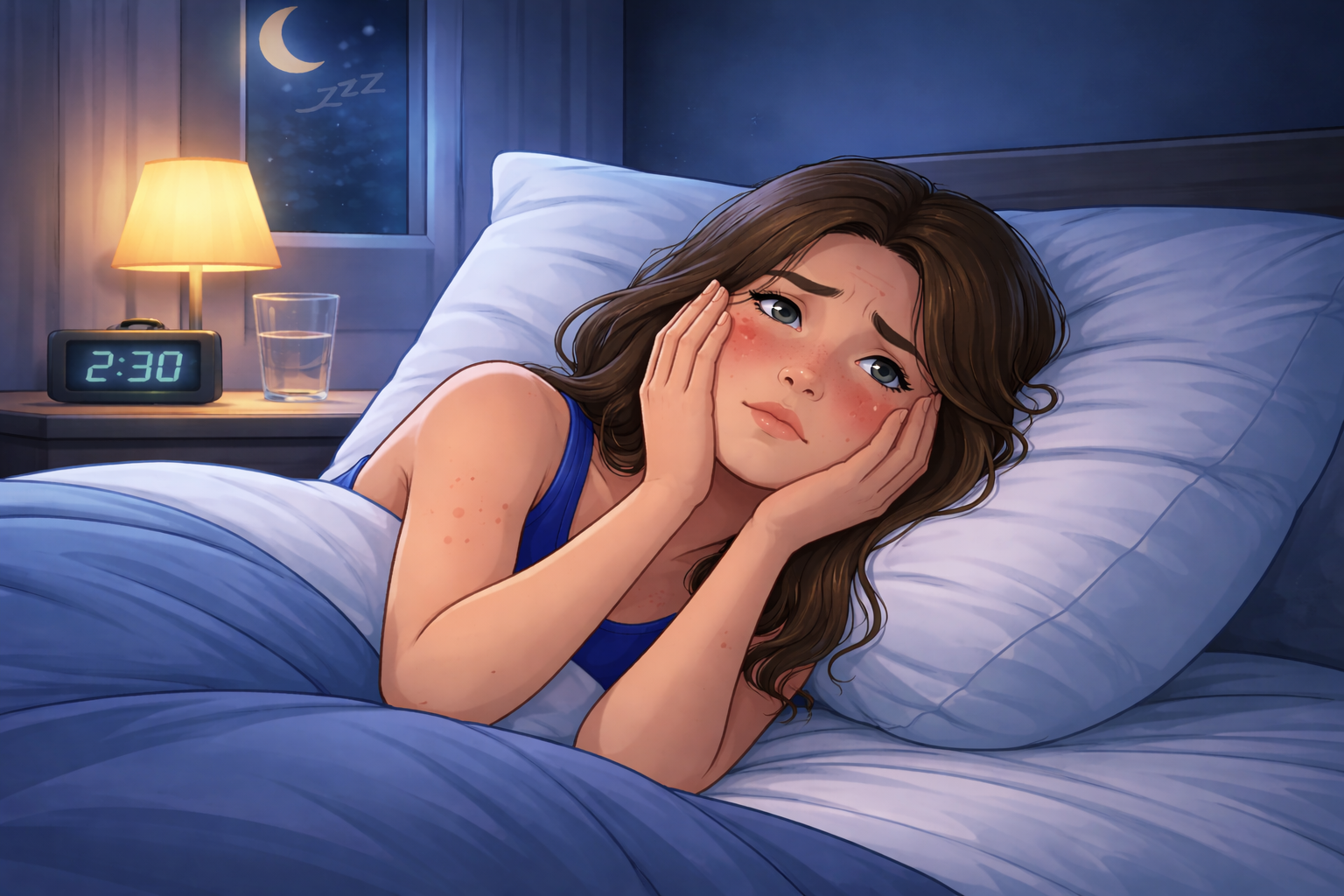





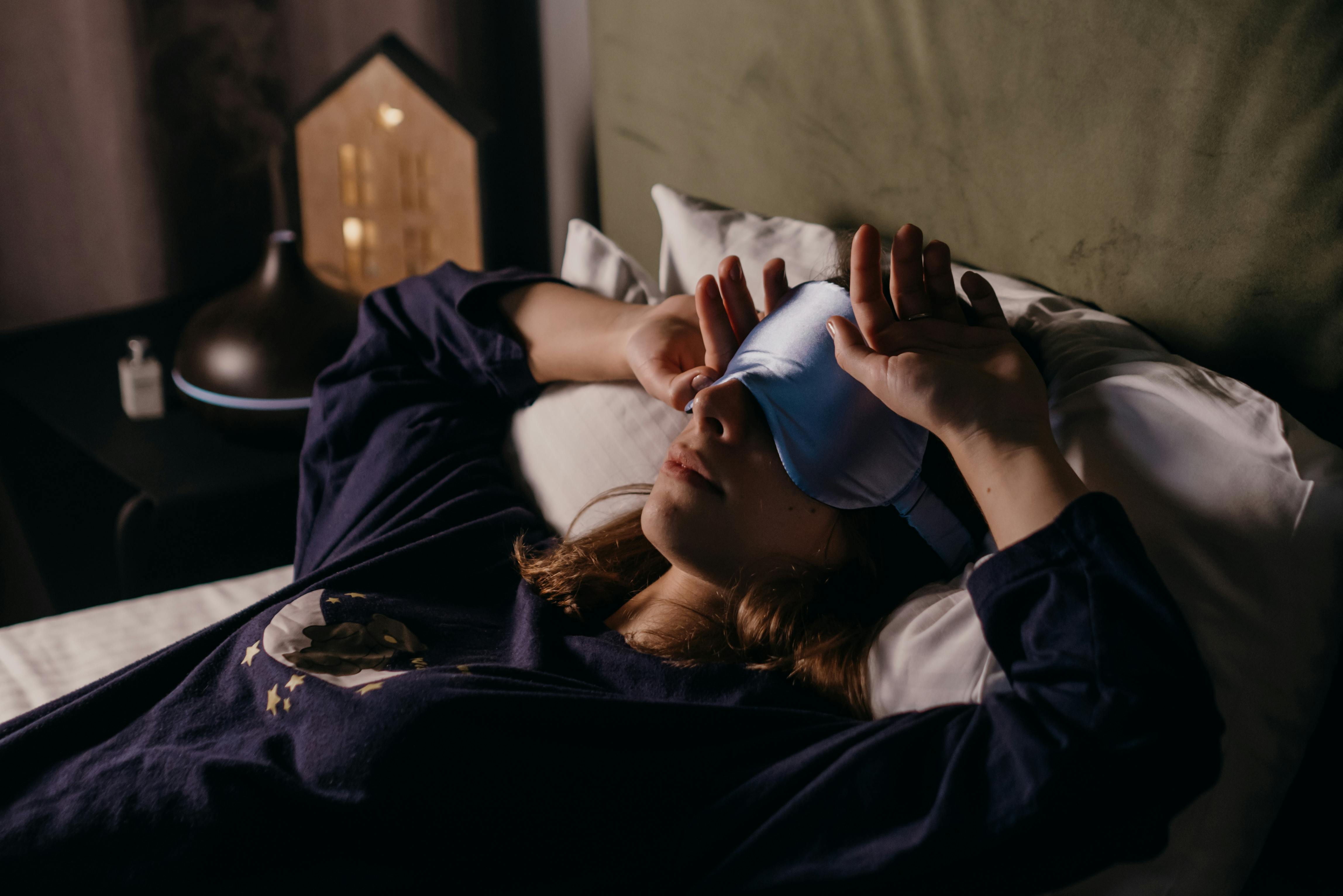




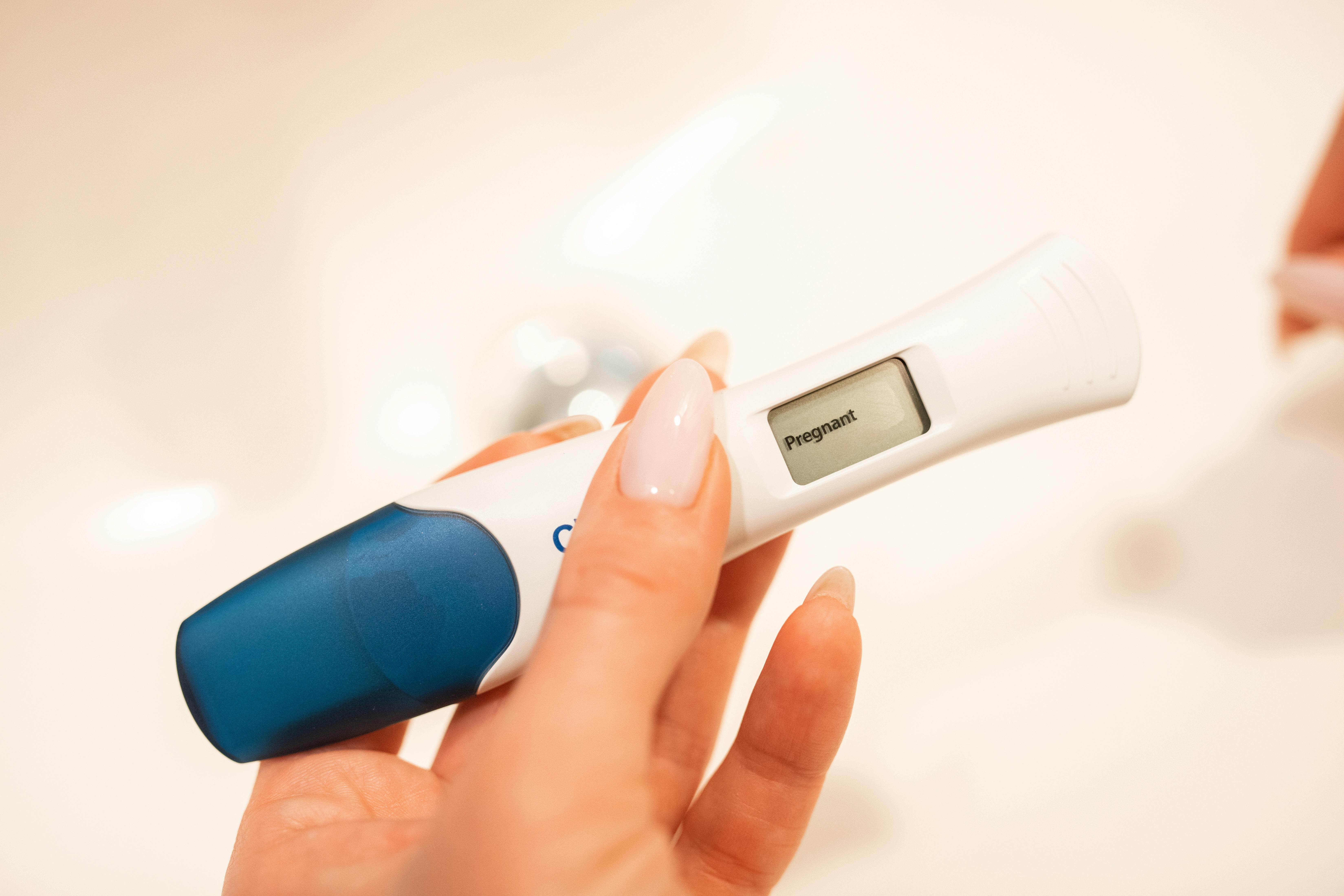





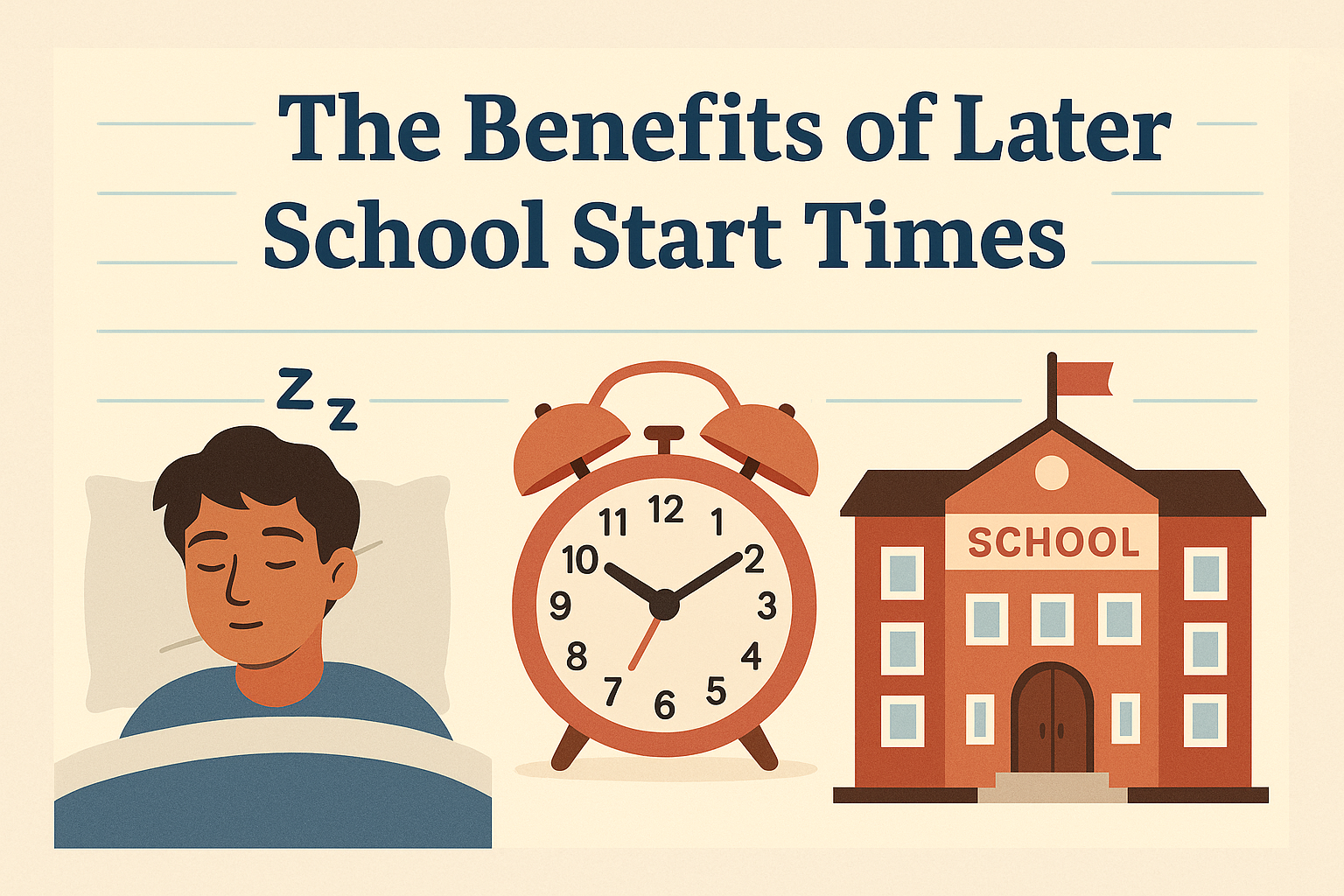

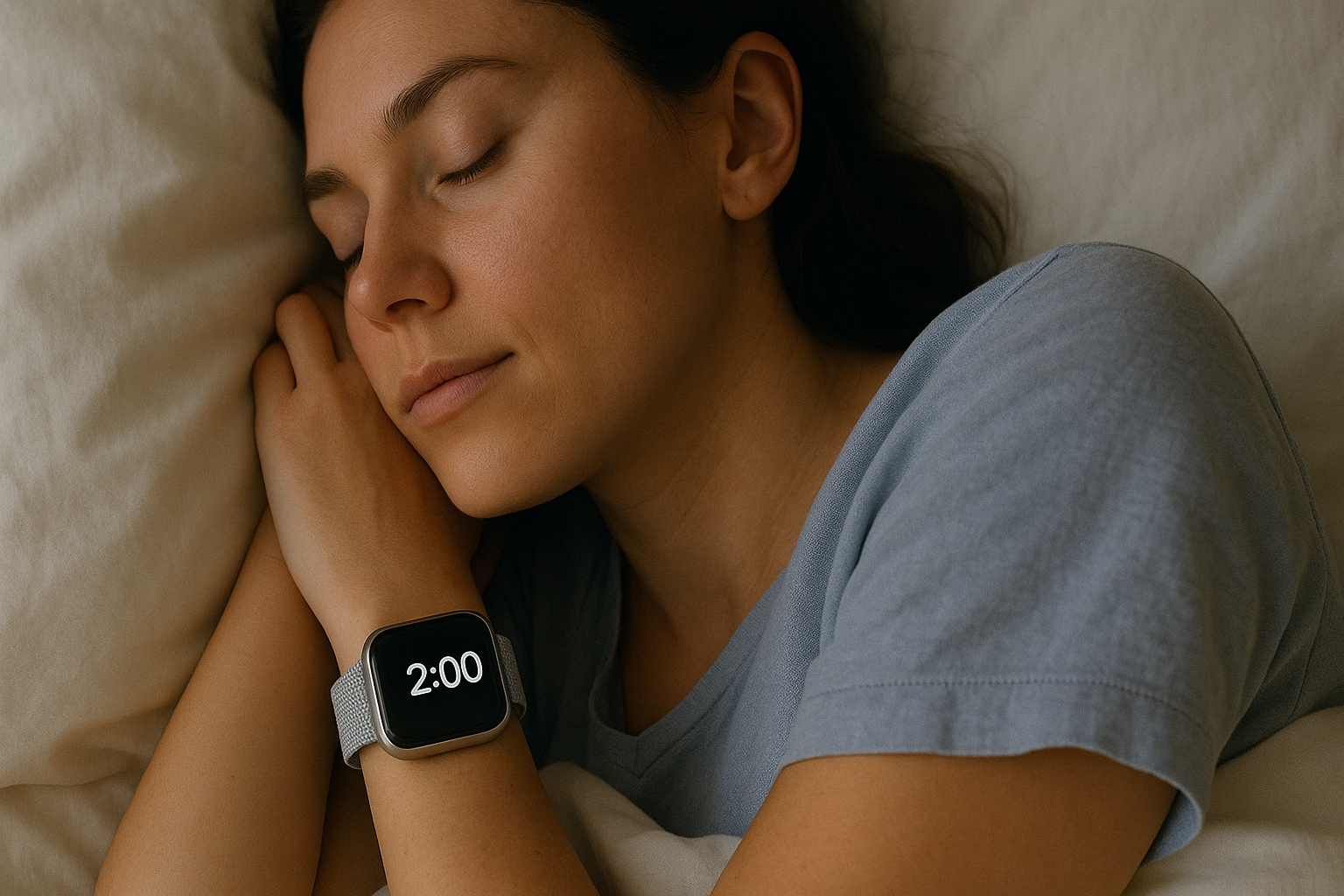


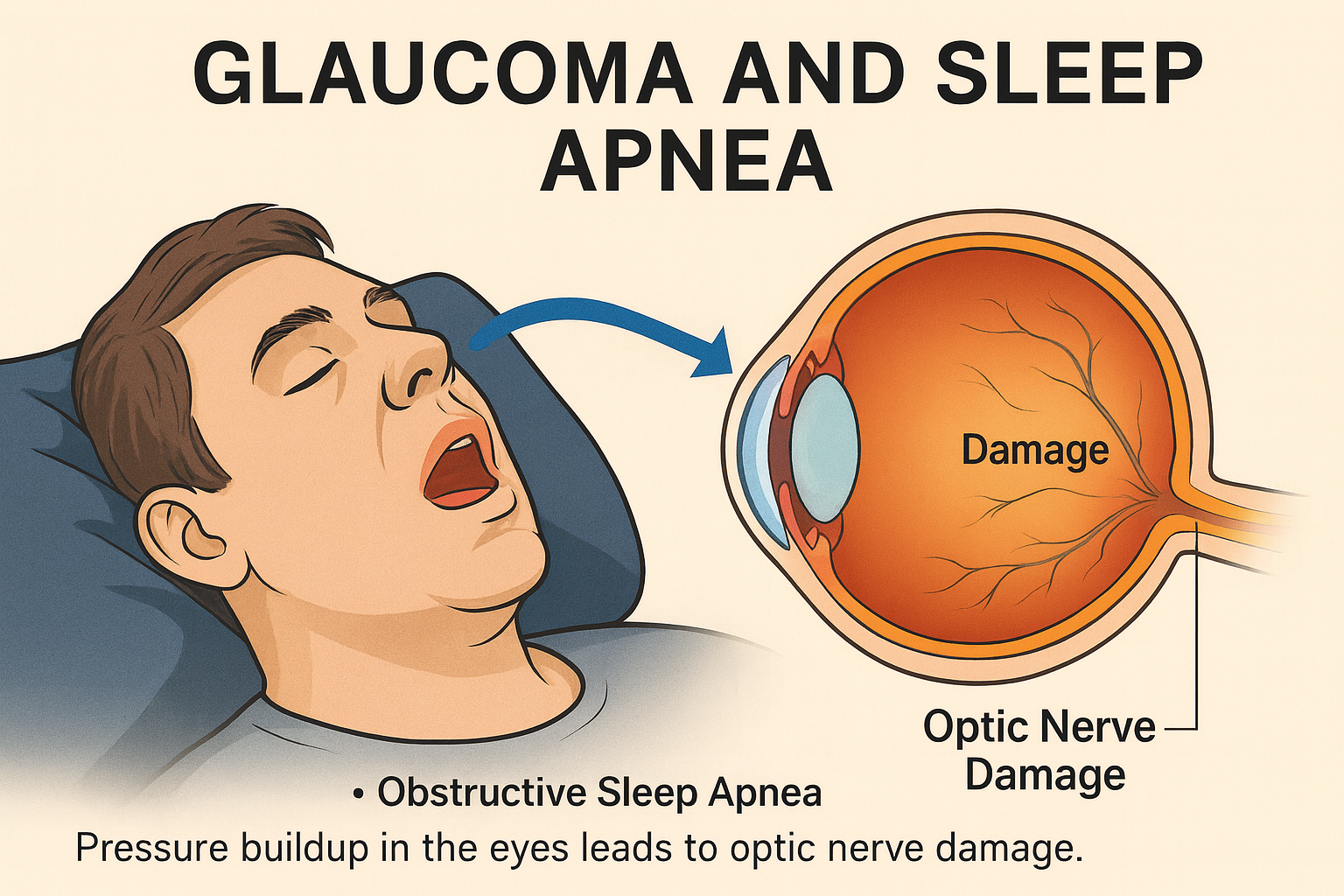

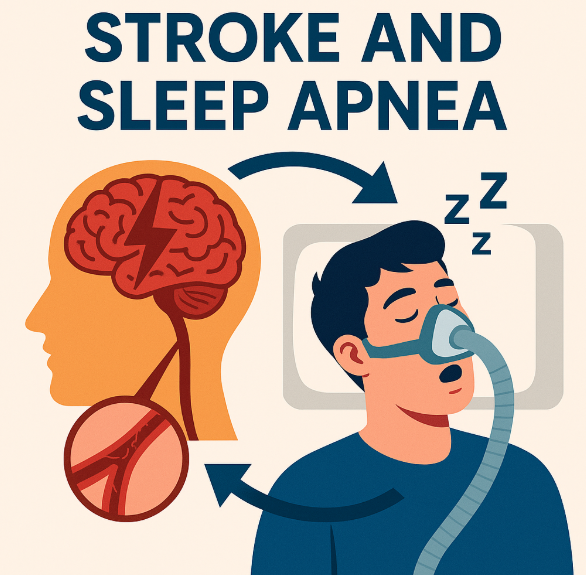
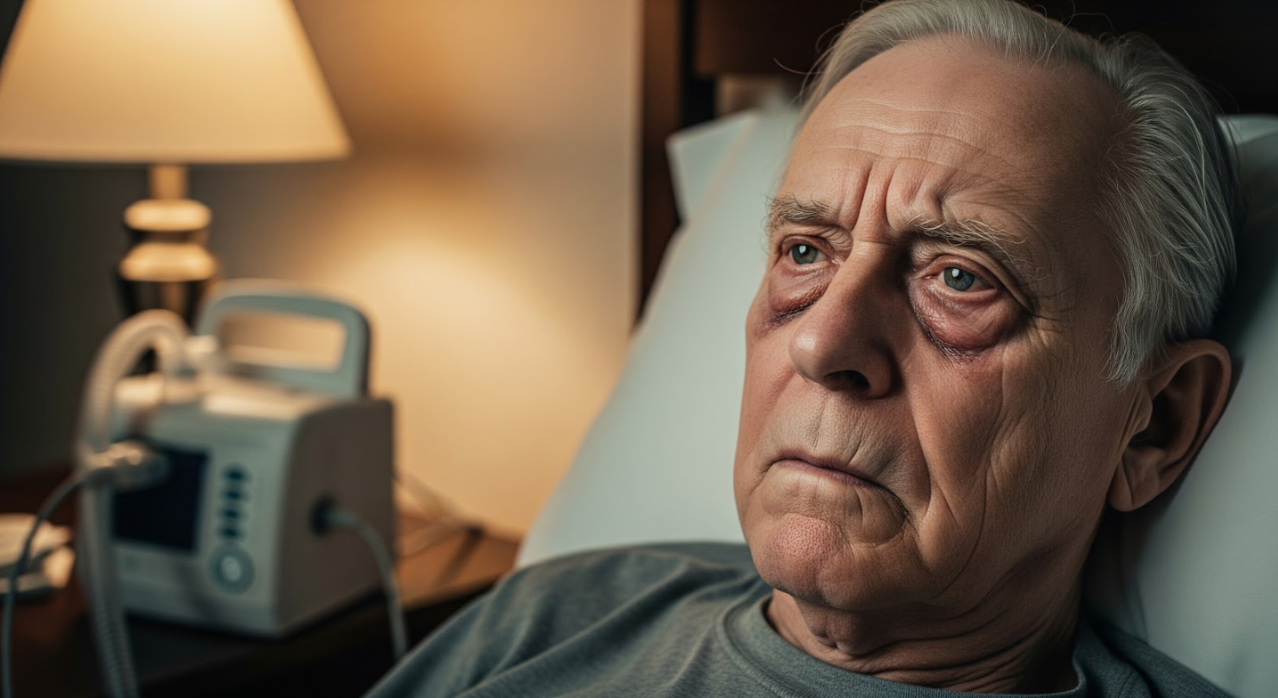
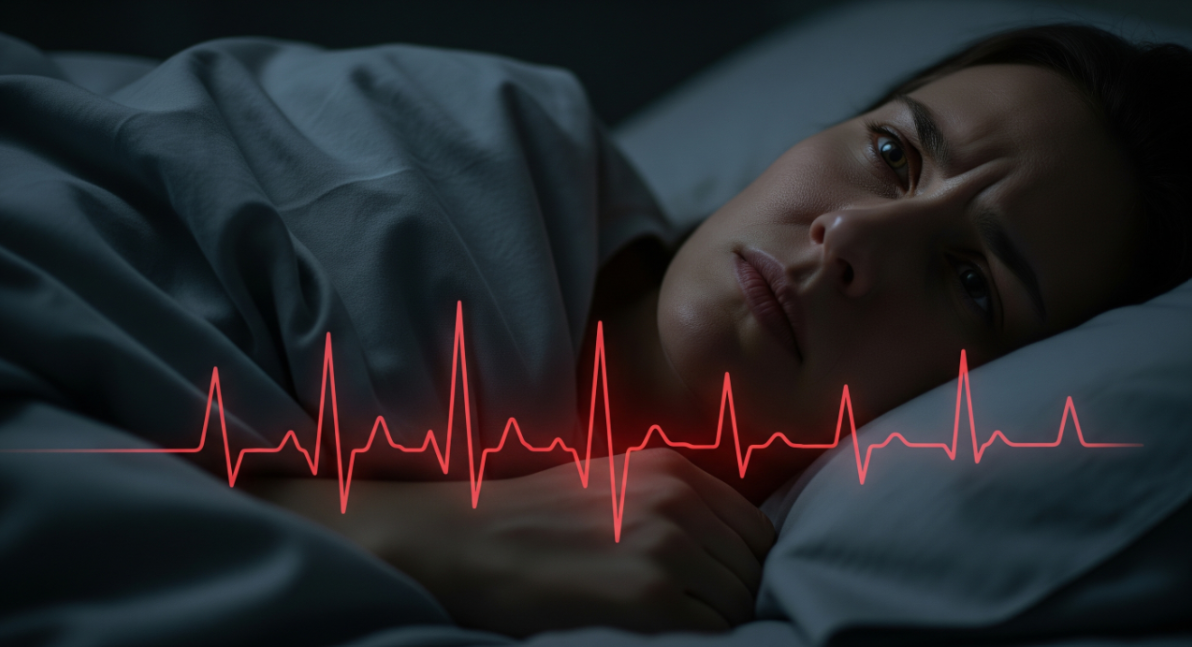





























































%20thumbnail.jpg)
.png)